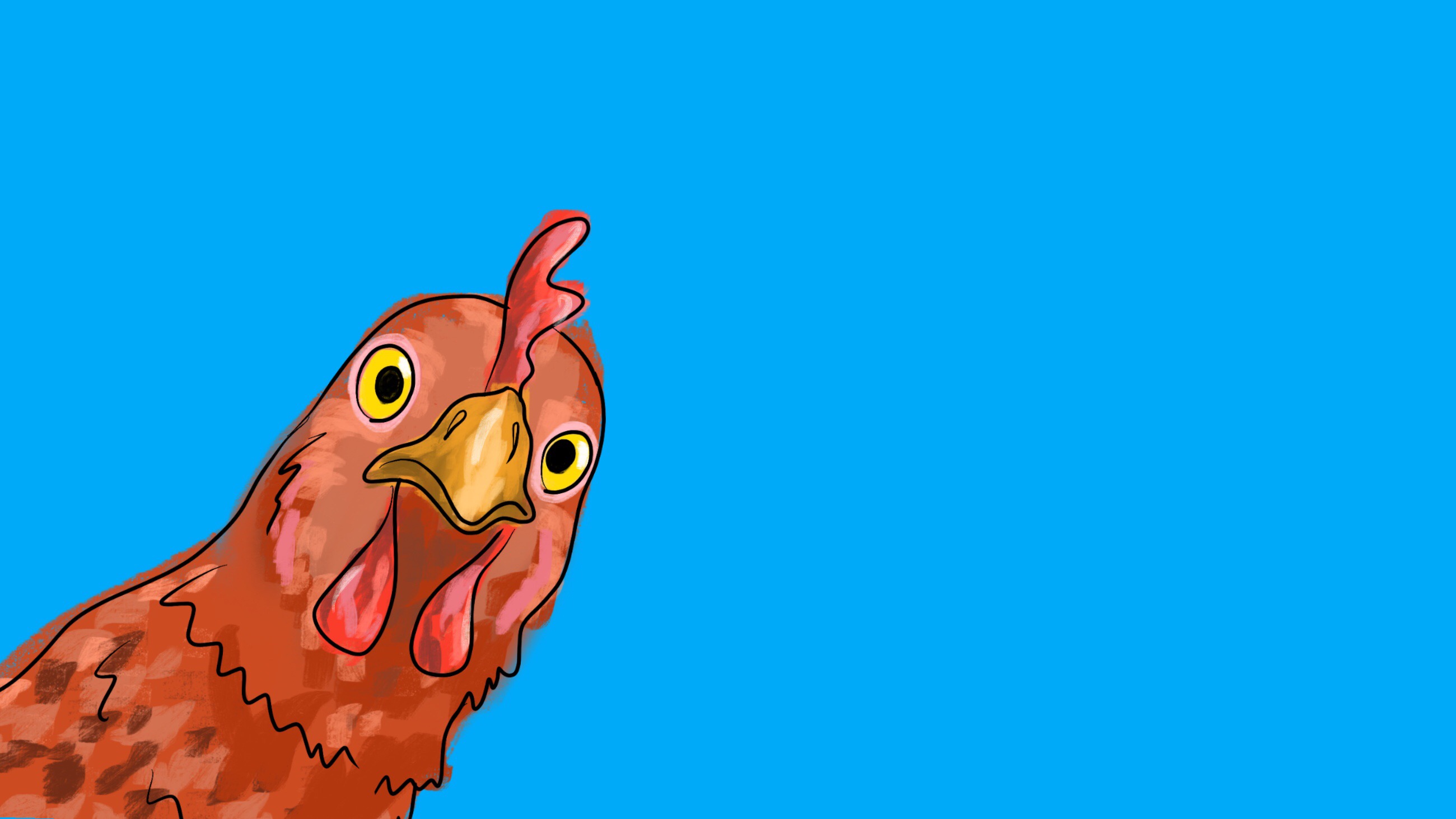Students learn about agriculture, animal health in poultry club
 Sofia Osborne
Sofia OsborneLike any industry, poultry farming is constantly evolving, and the students of the Poultry Centre Research Club are getting firsthand experience to prepare them for the field.
The Poultry Centre Research Club arranges volunteer opportunities for students on South Campus and other local farms. They may assist in everything from vaccinating chickens, to moving or processing the birds, to poultry research, said Talia Letcher, a fifth-year animal science student and head of the club.
“The club provides (students) with connections to get out there and get their hands dirty,” she said.
Letcher hopes that the club will provide students with a better understanding of both animal health and the agriculture industry.
“Sometimes we get people coming to our events thinking that we’re a poultry rights group. Then you tell them that you’re all going out for chicken wings and they’re always surprised,” she said. “We say we’re for animal welfare and they’re going, well why do you eat wings then. And I think that’s the line between animal rights and animal welfare.”
Animal welfare, according to Letcher, means ensuring that production animals are being provided with a high quality of life and are treated with respect. Her club aims to learn more about how to improve animal welfare in the poultry industry, and educate students on industry techniques.
“Being realistic, poultry is going to be part of agriculture for a long time,” Letcher said. “We want to make sure people know how to choose their food. How to choose products that have free run or free range labels and understanding exactly how it works.”
“Free run,” “free range,” and “enriched” are terms one might see as they shop for eggs. Free run chickens are free to roam within an indoor space other than a cage. Free range is similar to free run in that chickens are not kept in cages, although these chickens have some access to an outside area, weather permitting. Enriched labels mean that birds have been provided with some manner of enrichment in their enclosures such as a dust bath or bird toys with the intent being to engage them psychologically and improve their quality of life. Some producers continue to keep their poultry in cages which allows them to identify and isolate health problems to a single cage with more ease.
The poultry club’s goals in food animal education forge conversations in a time of growing awareness around animal welfare and health in the agriculture industry.
“You’ll see on A&W ads for chicken meat (that) it’ll say no hormones,” Letcher said. “But it’s against the law to use hormones in poultry in Canada anyway. Marketing will twist words. By saying no hormones, it puts them above others in the consumer perspective.”
In Canada, to ensure that animal welfare standards are upheld, organizations such as Alberta Farm Animal Care respond to complaints regarding animal welfare. Producers who do not follow animal health guidelines can be fined and lose their right to produce.
“There’s always ways to hold people accountable for their animal’s health,” Letcher said.
Farmers aren’t the only ones getting involved in the poultry industry. Edmonton and St. Albert have launched pilot projects allowing citizens to keep urban hens.
“People nowadays are really interested in seeing where their food comes from,” Letcher said. ”With urban hens, they are able to see the whole process from the feed, to the housing, to the egg. They know exactly what they’re eating.”
Prospective hen owners are required to take a course on poultry care and must have permission from their neighbours before they can get a permit to keep urban hens. They must also have adequate housing with supplemented heating for winter.
“Chickens are a big commitment,” Letcher said. “They don’t just live for six months they can live to six years. So it’s like any other pet essentially. You have to provide for them, you have to make sure you’ve got a vet you can take them to if they get sick.”
As the industry continues to make technological advancements in animal welfare, students in the poultry club have the opportunity to assist in research that could lead those developments.
“You see that the things you’re doing really could be making a difference in the future,” Letcher said. “Improving poultry welfare is really the focus of the industry right now because that’s the desire of the consumer and also the right thing to do.”




